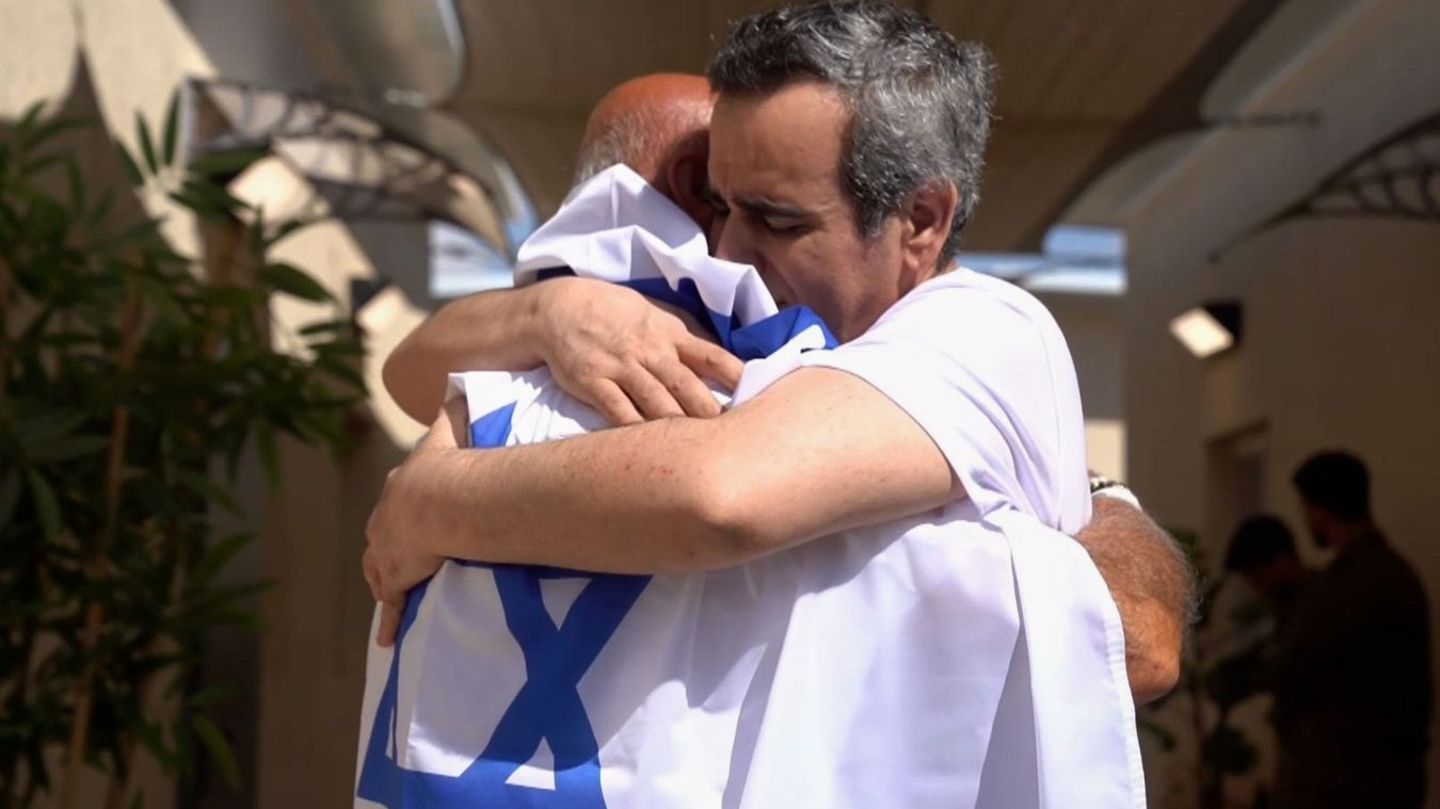The European elections are over. And there is a clear winner – is it now very quick for Ursula von der Leyen?
Initial projections after all polling stations closed confirm a victory for the centre-right EPP alliance in the European elections. The EPP’s top candidate and CDU politician Ursula von der Leyen can therefore hope for a second term as President of the EU Commission despite strong gains by far-right parties, according to figures published by the European Parliament early Monday morning.
According to the latest figures, their centre-right alliance with the German parties CDU and CSU has 184 seats (most recently 176 out of 705), which is more than a quarter of the future 720 seats. It remains well ahead of the Social Democrats, Greens and Liberals as well as the previous right-wing nationalist and right-wing populist alliances.
Strong gains for right-wing parties
Far-right parties such as the AfD have made significant gains compared to the last election five years ago. Overall, however, the clearly pro-European camp remains by far the largest. Even if all right-wing parties were to join forces, they would probably get fewer than 200 seats and would therefore be far from a majority. The majority is 361 seats.
According to the projections, the Social Democrats remain the second strongest camp behind the centre-right EPP alliance. They will have 139 seats (previously also 139). They will be followed by the Liberals, who will slip to 80 seats (previously 102), and the two previous right-wing populist party alliances, ECR and ID, which will gain significantly in some cases: ECR will have 73 seats (previously 69), ID 58 (previously 49).
The AfD MPs are not included in this. The AfD is counted among the non-affiliated parties because it was excluded from the ID group shortly before the European elections. The background to this was, among other things, controversial statements by the AfD’s top candidate Maximilian Krah about the SS and a China espionage scandal involving one of Krah’s employees.
According to the forecast, the Greens will be a big loser in the first European elections after the devastating Corona pandemic and the start of the Russian war of aggression against Ukraine. They will therefore only have 52 seats (previously 71).
Talks to maintain power
It is likely that the centre-right EPP alliance will hold talks with the Social Democrats, Liberals and Greens in the coming days to agree on a loose cooperation that could then secure a majority for the election of Ursula von der Leyen. The EPP has already claimed the presidency of the Commission: the winner of the election now has the right to appoint the Commission President, said EPP leader Manfred Weber (CSU) on Sunday evening in Brussels.
Von der Leyen announced that she would approach the Social Democrats and the Liberals on Monday about possible cooperation in the EU Parliament. “I have always said that I want to build a broad majority for a strong Europe.” In her first term as Commission President, she showed what a strong Europe can achieve. “My goal is to continue on this path with those who are for Europe, for Ukraine and for the rule of law.”
Representatives of the Greens, Liberals and Social Democrats gave the first positive signals on Sunday evening. The Greens’ top candidate, Terry Reintke, said she was ready to negotiate. The Liberals and Social Democrats expressed similar views.
Theoretically, cooperation opportunities with individual right-wing parties could also be explored. For example, the EPP did not rule out cooperation with Italian Prime Minister Giorgia Meloni before the election. Her right-wing populist party Fratelli d’Italia previously belonged to the right-wing conservative ECR group and received the most votes in Italy.
Finding a majority could become more difficult
It is also relevant for the future balance of power in parliament whether parties from the existing right-wing alliances ECR and ID will join forces to form a new alliance. The Frenchwoman Marine Le Pen recently lobbied the Italian Prime Minister Meloni for this. Le Pen’s right-wing nationalist party Rassemblement National received 31.5 to 32.4 percent of the vote in France.
However, whether EU policy as a whole will now move to the right does not only depend on the majorities in the newly elected parliament. The balance of power in the Council of EU states is also crucial. The outcome of the 2027 presidential election in France is likely to play an important role in this.
In principle, it could be the case that finding a majority in the European Parliament will become even more difficult. According to the forecast, it will be the second time since 2019 that the centre-right EPP alliance and the social democratic S&D alliance will not be able to achieve a majority together. The two camps will therefore have to join forces with other parties, and not only for personnel decisions. In principle, the Parliament, together with the EU Council of Ministers, is responsible for passing EU laws and the EU budget.
Higher voter turnout
According to an initial estimate, voter turnout in the European elections across the EU is around 51 percent. This is likely to be slightly higher than the turnout five years ago, the Parliament said. In 2019, turnout was 50.66 percent, according to EU figures.
The European Parliament is the only directly elected body in the EU. Its representatives have been elected by the citizens of the member states since 1979.
Source: Stern
I have been working in the news industry for over 6 years, first as a reporter and now as an editor. I have covered politics extensively, and my work has appeared in major newspapers and online news outlets around the world. In addition to my writing, I also contribute regularly to 24 Hours World.




